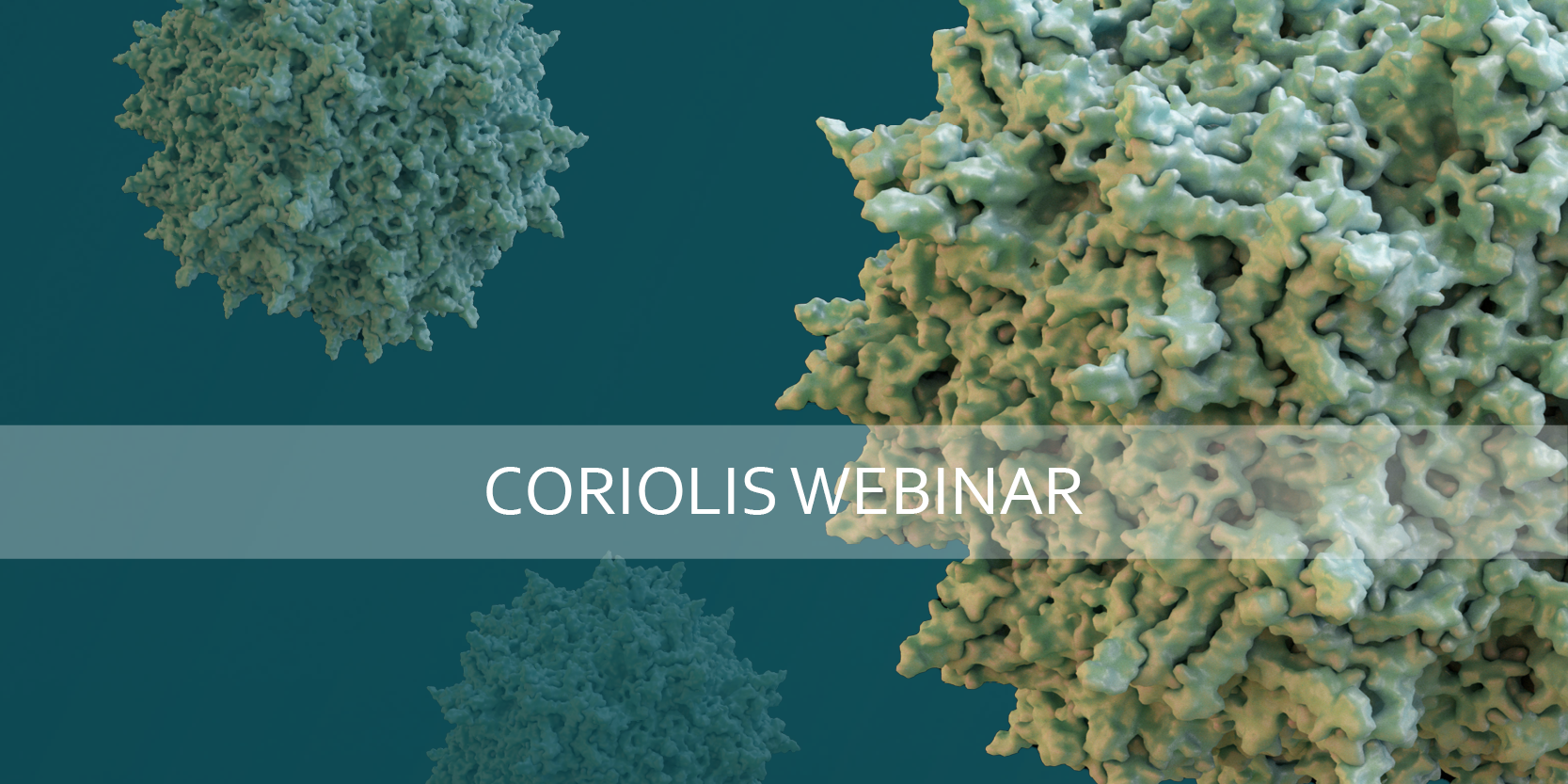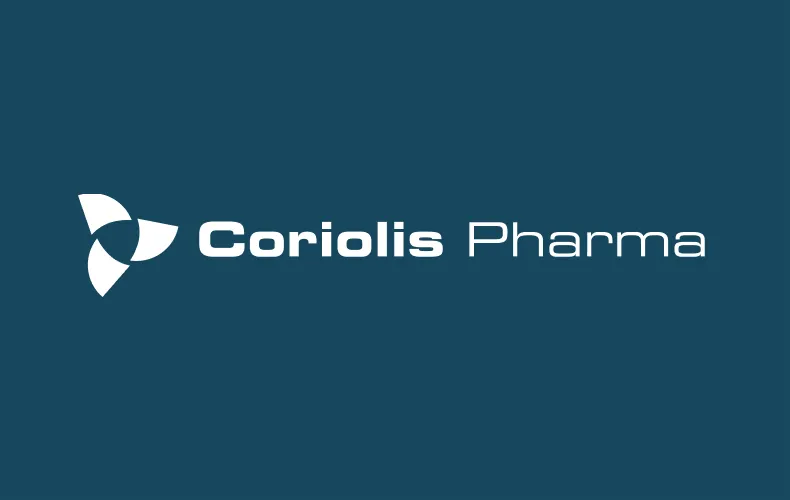Nucleic Acid–Based Drug Products
Coriolis Pharma offers numerous science-driven services to assess and improve the stability and cellular uptake of nucleic acid–based drug products. Our experts develop liquid and lyophilized formulations for naked, viral or nonviral delivery and support development from preclinical to the market.
We specialize in nucleic acid–based drug products, including oligonucleotides, nucleic acid macromolecules, mRNA vaccines and gene therapies.
Nucleic Acid Development Services
Coriolis Pharma’s deep expertise in formulation science and experience with a variety of nucleic acid–based therapeutic drug products equip us to support the entire product lifecycle.
Specialized Nucleic Acid Services and Capabilities
Coriolis offers specialized services for the development of nucleic acid–derived therapies, including advanced techniques like circular dichroism (CD), Fourier-transform infrared spectroscopy (FTIR) and differential scanning calorimetry (DSC). Our expertise extends to the detailed characterization of nonviral and viral vectors, which is crucial for developing stable, effective, low-toxicity therapeutic products.

Nucleic Acid Secondary Structure
At Coriolis, we support successful drug product development with robust and sensitive analytical methods to ensure the stability and effectiveness of your drug products. We use advanced techniques such as CD, FTIR and DSC to assess nucleic acid structures.

Characterization of Nonviral Vectors
Nonviral vectors are primarily nanoparticulate systems made of lipids, polymers or other materials crucial for delivering genetic payloads. Coriolis excels in analyzing these vectors, with or without separating the payload. Our gene therapy analytical development tools cover six orders of magnitude, from low nanometers to visible sizes, ensuring precise measurement of free nucleotides and (sub)visible particles. Besides particle characterization tools, we can offer the required analytical portfolio to assess stability.

Development of Viral Vector Drug Products
Viral vectors—such as adenoviruses, retroviruses and adeno-associated viruses (AAVs)—deliver therapeutic nucleic acids to target cells. Developing stable and effective viral vector drug products requires high infectivity, target cell specificity and low immunogenicity/toxicity while maintaining properties throughout shelf life. Our expert team leverages years of academic and commercial expertise to provide dedicated research, development and analytical services for viral vectors.
Nucleic Acid Resources
Comprehensive Biotherapeutic Expertise
Our deep-rooted academic background, drug development and commercialization expertise keep us at the cutting edge of formulation science and analytical method development. This expertise enables us to support a wide range of modalities.
Talk to Our Experts or Request a Quote
Our expert team is ready to answer your questions and guide you to the services best suited to your program’s modality, stage and challenge. If your needs are well-defined, we’ll begin the quotation process.

Nucleic Acid FAQs
-
Nucleic acids are biomolecules essential for all forms of life. They include DNA and RNA, which carry genetic information crucial for the development, functioning and reproduction of all living organisms. Nucleic acid–based drug products are a promising therapeutic modality that can address challenging medical needs by achieving long-lasting or curative effects through gene expression, inhibition, addition, replacement or editing. These drugs range from a few base pairs (oligonucleotides) to several hundred base pairs (nucleic acid macromolecules).
-
Coriolis offers science-driven services to assess and enhance the stability and cellular uptake of nucleic acid–based drug products. We develop liquid and lyophilized formulations and employ sensitive and orthogonal analytical techniques for comprehensive product characterization. This includes ensuring the conformational stability of nucleic acids through techniques like circular dichroism (CD).
-
We utilize state-of-the-art methods like circular dichroism (CD), Fourier-transform infrared spectroscopy (FTIR) and differential scanning calorimetry (DSC) to assess the conformational structure of nucleic acids, ensuring their stability and effectiveness. Our comprehensive particle characterization methods also play a crucial role in this process.



